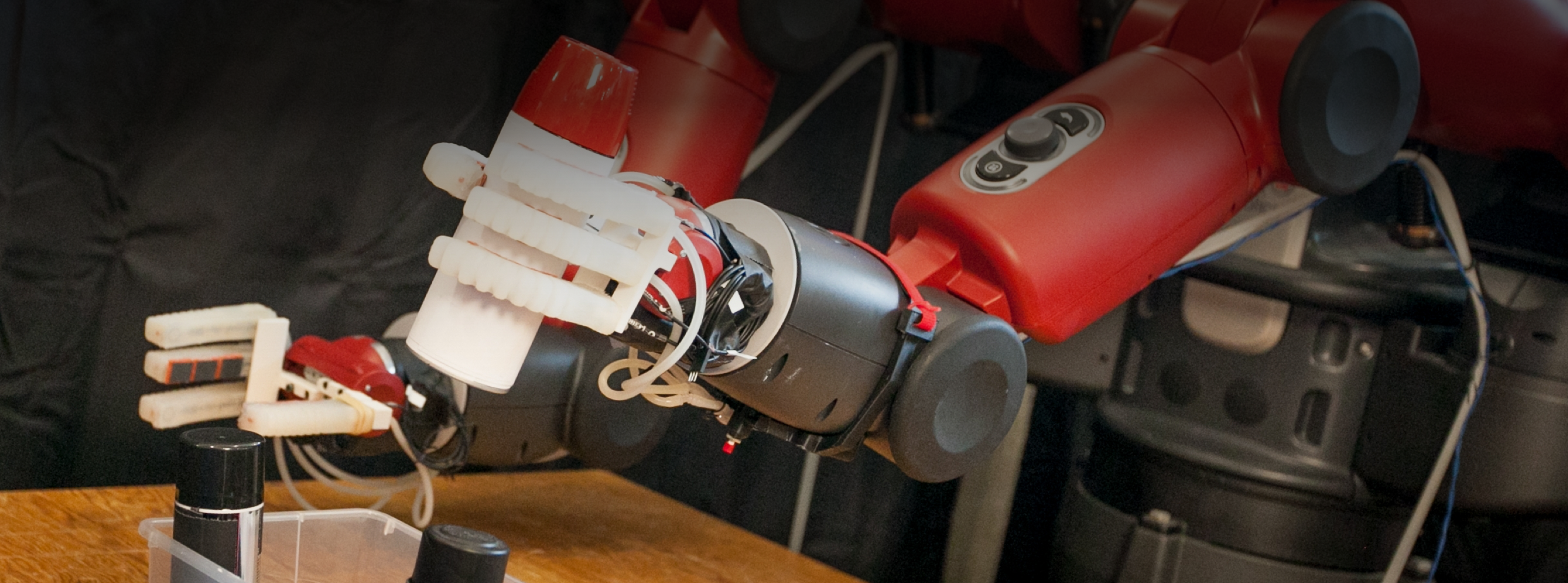Written by: Matthew Busekroos | Produced by: Nate Caldwell
Originally from Chengdu, Sichuan, China, Lujie Yang studied at UC Berkeley where she worked in the Model Predictive Control lab with Professor Francesco Borrelli. Yang is now a PhD candidate at CSAIL working in the Robot Locomotion Group alongside her advisor Professor Russ Tedrake.
Yang said she feels extremely fortunate working with Professor Tedrake. She credits his incredible passion and stamina for solving challenging robotic tasks to motivate her in her research journey.
“Russ has always been patient and encouraging while holding our work to exceptionally high standards,” Yang said. “His deep insights into valuable research questions and remarkable knowledge base ranging from practical details to theoretical hierarchy create an ideal environment for us to explore and thrive. It has been a great honor working in such a diverse and brilliant research group during the last three years.”
Yang broke down her research and current projects. One of her projects includes the Near-optimal Controller Synthesis for Cart-Poles and Quadrotors via Sums-of-Squares. She said they use sums-of-squares optimization to synthesize controllers with bounded suboptimal performance for various underactuated robotic systems, including the inverted pendulum, the cart-pole, the 3D quadrotor, and the planar pusher, by finding good approximations of the value function.
With Discrete Approximate Information States in Partially Observable Environments, she said they propose a framework to learn discrete task-relevant representations for robotic planning and control tasks in partially observable environments with provable suboptimality guarantees.
A third piece of research Yang mentioned included Lyapunov-stable neural-network control where they demonstrate a method to synthesize neural-network controllers to stabilize robotic systems and certify the stability of the closed-loop system with the accompanying neural-network Lyapunov function using mixed-integer programming.
“Many interesting robotic tasks, including running, flying, and manipulation, require certifiable controllers that provide theoretical guarantees on the performance of the nonlinear dynamical systems,” Yang said.
She said methods from her research will enable autonomous agents to operate robustly and intelligently, with theoretical guarantees, in factories or households.
“Applications can range from autonomous driving and UAV to box packing, kitchen helper and laundry folding robot,” she said. “From indoors to outdoors where the coefficient of friction changes, from day to night when the light condition changes or even with different colors, shapes and texture of the manipulated objects, our method has the potential to work reliably and warn the user when the robot is likely to fail.”
Yang said she would like to see the elegant theories tested on moving robots and to explore the potential of mathematics applied to real-world autonomous systems. She said she also enjoys learning about the theory itself.
Following her time at CSAIL, Yang said she is open to working in either industry or academia with the hope of continuing doing research she likes: optimization-based control theory for robotics.

